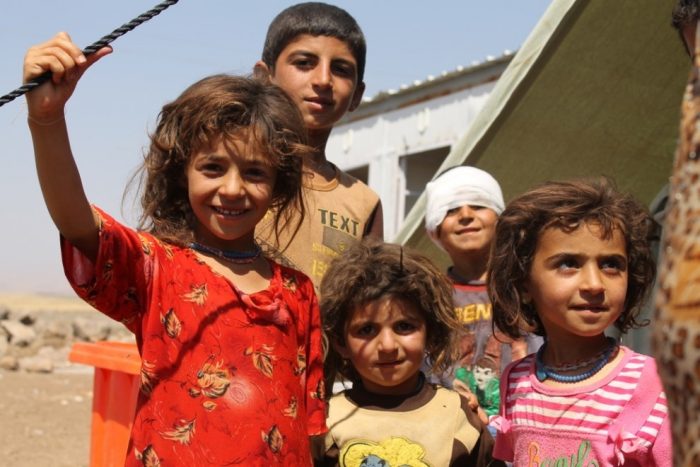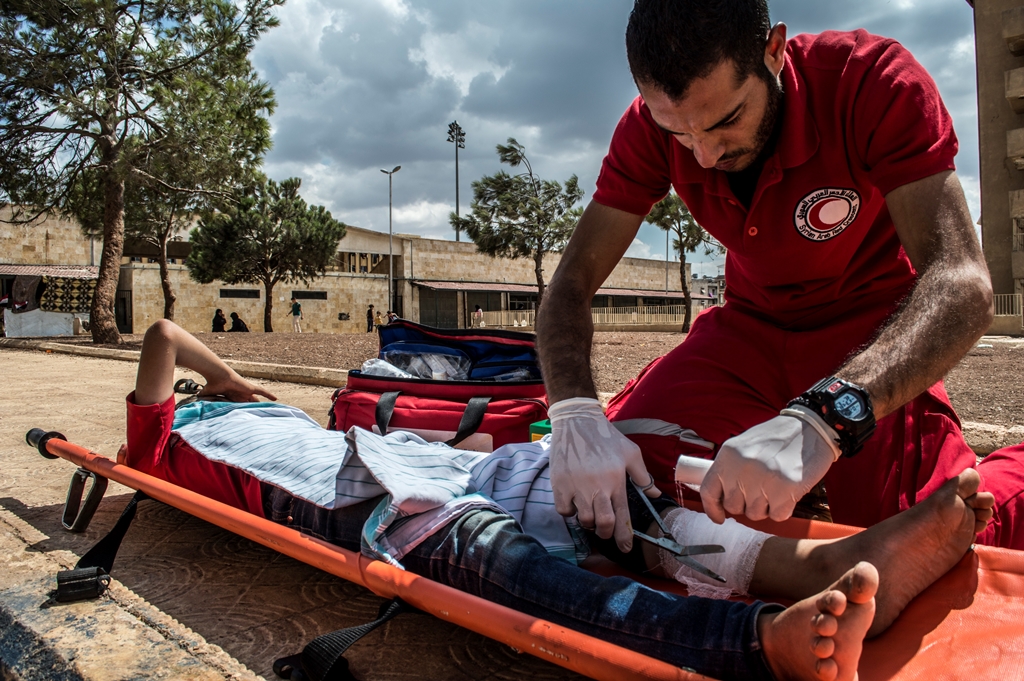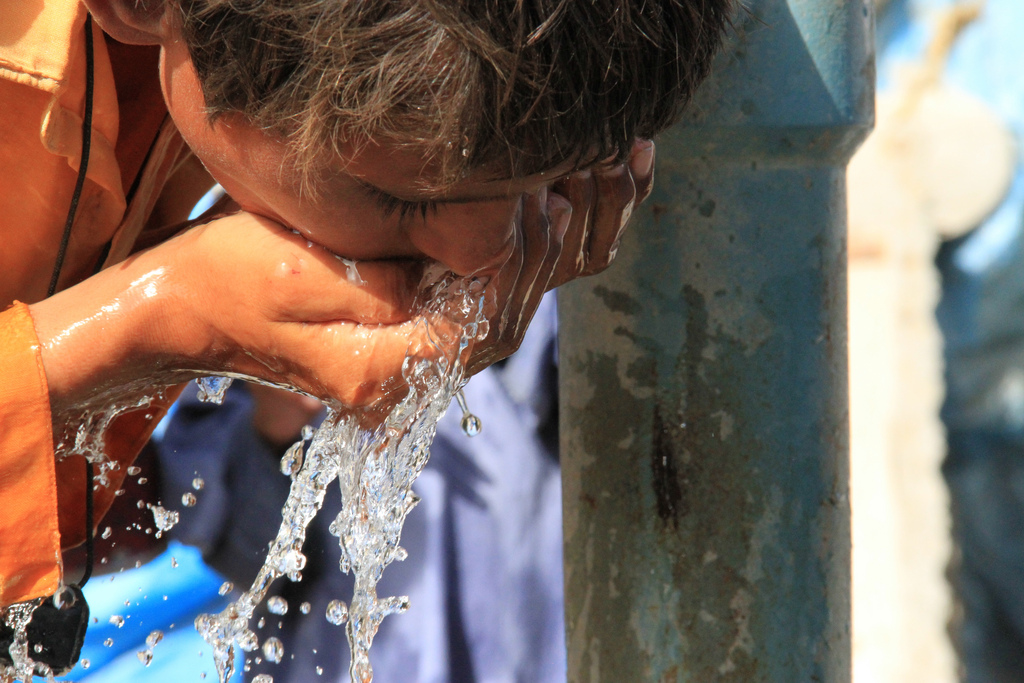A Better World Rests in Our Hands
The refugee crisis is the defining humanitarian crisis of this century and we should be remembered for doing the right thing. Be willing to fund creatively in the face of political ill will and do what is in your power to make a difference. On January 27, the President signed an executive order that marked […]

The refugee crisis is the defining humanitarian crisis of this century and we should be remembered for doing the right thing. Be willing to fund creatively in the face of political ill will and do what is in your power to make a difference.
 On January 27, the President signed an executive order that marked some of the deepest changes to refugee policy in history.
On January 27, the President signed an executive order that marked some of the deepest changes to refugee policy in history.
The executive order suspends refugee admissions for 120 days to allow the Secretary of State to examine the current process, reduces the number of refugees accepted annually by more than half, bans Syrian refugees indefinitely, prioritizes approved religious minorities for admission, and bans refugees from countries not approved by the U.S government (specifically Iraq, Iran, Libya, Somalia, Sudan, and Yemen, in addition to Syria). After the 120-day ban, refugees will be allowed in from countries that the U.S. deems as having policies in place to ensure American well being. This means someone must be a refugee from a country with a government in place that the U.S. “trusts” and the world’s top refugee producing countries (Syria, Afghanistan, Somalia, and Sudan) have nothing close to stable governments and plenty of people fleeing those circumstances.
There are no significant additional security measures in place in this executive order to screen refugees, outside of an in-person interview with a consular officer, something already in place, but waived during the 18-month to two-year process, which includes numerous other in-person interviews. A study conducted by the Cato Institute found that no one admitted into the United States since the Refugee Act of 1980 has been implicated in a major fatal terrorist attack. Prior to 1980, three Cuban refugees carried out attacks that killed three people. Two months after the conclusion of the Cato Institute research, a Somali refugee injured 13 people at Ohio State University, and it was investigated as a terrorist attack. The primary perpetrators of major terror attacks in the U.S. have been natural-born citizens or permanent legal residents from countries not mentioned in the ban.
During a time when more people are displaced by war, conflict, and crisis than any other time in history (34,000 people a day, half of them children), many of us were left wrestling with this most important question:
What can we do?
1). Find ways, big and small to support refugees in your community. I promise you, they are there, whether you see them or not. It may be that you, as an individual, find ways to reach out, share dinner, sit with them at school events, or find ways to support them in the times when they are likely feeling very vulnerable. Or it may be that you, as a funder, fund the nine organizations working on resettlement programs in the U.S. I would encourage you as well, to look for local social services and programs that are utilized by refugees in your community and see if there are funding needs that you can meet.
2). Contact your congressional delegation. As an individual and as a funder, reach out to your elected officials and tell them what you are and are not willing to accept from them when it comes to refugee admittance. Don’t take a ban on admissions as the sole answer.
3). Be courageous. I know that my opinions on what should happen in regards to refugees aren’t popular where I live. I know that they aren’t popular in many parts of the country. The refugee crisis is the defining humanitarian crisis of this century, and we should be remembered for doing the right thing. We should be remembered for taking a stand. We should be remembered for courage, even when it wasn’t popular or easy. So do it anyway. Say the hard thing. Be willing to fund creatively in the face of political ill will. Do what is in your power to make a difference.
A better world rests only in our own two hands.
More like this

World Humanitarian Day: Call to Protect Humanitarian Workers and Volunteers
